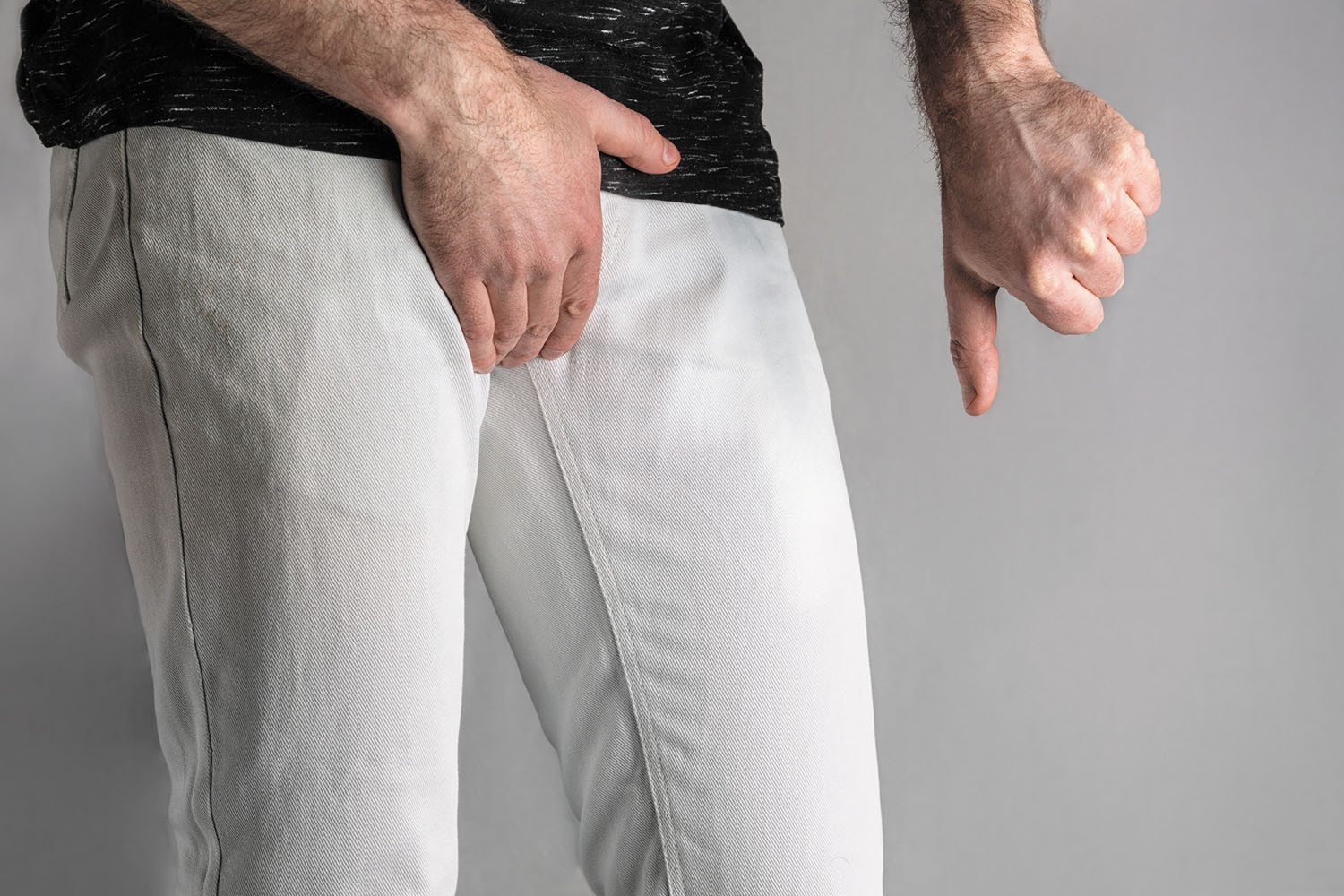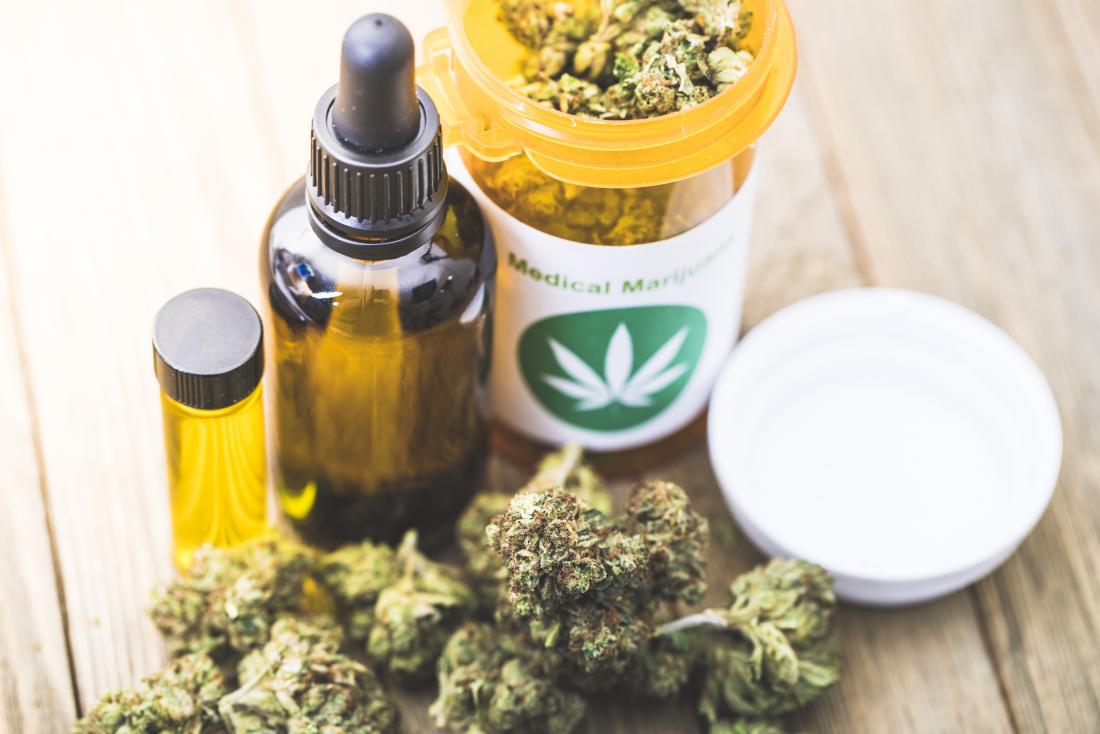An acute injury, inflammation, STI infection, or the life-threatening disease known as testicular torsion are all potential causes of testicular pain (twisting). A dull aching in the scrotum and possibly some swelling are possible symptoms of this illness. On the other hand, testicular pain can be an indicator of something more serious, like cancer.
Causes of Testicular Pain?
Pain in the testicles is a common problem among males of all ages. The testes are a pair of small, egg-shaped reproductive (sex) organs located in a skinned pouch known as the scrotum.
In the event of testicular pain, any testicle could be affected. The problem, however, may not be with your testicles at all. You may be experiencing pain in a different area of your body, such as your stomach or groin. Referred pain is the term for this condition.

Acute (sudden and brief) or chronic pain (ongoing) testicular pain can occur (gradual and long-lasting). It’s possible that, instead of the abrupt, excruciating pain associated with an injury, a dull ache that worsens with time or movement will be your first sign. Because there are so many nerve endings in the testicles, discomfort there can be excruciating.
If the pain persists for more than an hour or is particularly severe, you should see a doctor because you may have a life-threatening illness called testicular torsion.
Testicular pain can affect men and boys of any age. Extreme hard labor or full-contact sports may increase your risk of testicular pain.
Why Do My Testicles Hurt?
In circumstances where an incident or accident has occurred recently, the cause of the testicular pain may be plain, but in other cases, the cause may be obscure.
Possible factors in testicular discomfort include:
- Testicular injuries can occur in a variety of settings, including sports, physical activity, and accidents.
- A bacterial or viral infection may induce inflammation (swelling and a burning feeling) in one or both testicles, a condition known as orchitis. The mumps virus can also cause orchitis in children. Four to six days following the onset of mumps, swelling typically begins.
- An inguinal (groin) hernia develops when a portion of the intestine protrudes through a hole in the abdominal wall at the level of the groin. Despite rarely being hazardous, it can be quite uncomfortable. If it hurts, you need to see a doctor right away in case you need emergency surgery.
- Inflammation of the epididymis causes epididymitis. The epididymis is a set of tightly coiled, thin tubes that transport sperm from the testicles to the sperm duct and then out of the body. When you have epididymitis, you could feel some pain and swelling.

It’s possible that the scrotum will be red, heated, and swollen. This may persist for a few days or a couple of weeks. Longer than six weeks, chronic epididymitis has been diagnosed.
- Fluid-filled sacs called spermatoceles can develop inside the epididymis close to the testicle. They are not malignant and typically cause no pain, but if they are too big it can be an issue.
When fluid accumulates in the sac that contains the testicles, a condition known as hydrocele develops. It’s not uncommon to have discomfort from a hydrocele, and sometimes they can even become infected. - In a hematocele, blood collects around the testicle instead of draining normally. Injuries are a common cause of this condition.
- Abnormally big veins surrounding the testicles (a varicocele) are a common genital anomaly. There may be a constant ache in the affected testicle due to the presence of these big veins. When I lay down, the discomfort in my testicles typically subsides. Infertility caused by varicoceles may be affected by surgical treatment.
- Torsion of the testicular artery is what causes torsion of the testicle. Since the testicle’s blood supply is interrupted, excruciating pain will ensue. Intuitive understanding of the potential for torsion at any time. The testicle must be surgically removed immediately.
- Dehydration increases your risk of developing kidney stones. Urinary tract stones are painful obstructions in the tubes that carry urine from the kidney to the bladder. They might be felt in the lower back, groin, or scrotum. If fluids are increased, even a small stone may pass. More serious cases of stone formation may necessitate surgical intervention.
- After a vasectomy, some men have discomfort in their testicles, a condition known as post-vasectomy pain syndrome. Pain after vasectomy may be from increased pressure in the vas deferens (sperm tubes) or epididymis.
When Does Testicular Pain Get Diagnosed?
The doctor will want to see you both in a standing and a lying position. You will be asked when the pain first started, how long you have had it, how bad it is, and where specifically it is hurting you. Questions on your sexual, medical, and surgical past will also be included.
Make sure your doctor knows if you experience any changes in your level of discomfort when you get up from a chair, use the restroom, engage in sexual activity, or exercise.
Infections can be ruled out as a possible cause by taking a blood or urine test. A test for testicular cancer is an ultrasound if there is a lump in the testicle. Ultrasounds can detect cancer early on, and if one is detected, the patient is directed to a urologist for removal.
Testicular cancer has a good cure rate if detected and treated early.
How to Treat Chronic Pain in the Testicles?
If you’re experiencing discomfort in your testicles, there are several things you can try to do at home to help. These include;
- Applying ice to the region is one possible best chronic pain treatments.
- Wear a cup or athletic supporter and put a rolled-up towel beneath your scrotum if you need to lie down.
- Have a relaxing soak in a hot tub.

Take Pills First!
Testicular pain can be managed medically if self-care measures fail. Medication is usually effective at alleviating pain. One example is pain medication, which could include:
- Some painkillers, such as acetaminophen (Tylenol) or nonsteroidal anti-inflammatory medicines (NSAIDs) including aspirin, ibuprofen, and naproxen, can be helpful. Injuries, trauma, and orchitis are common indications for their use.
- Infectious disease drugs/antibiotics: Antibiotics are the standard treatment for cases of bacterial or epididymitis.
- Amitriptyline and other tricyclic antidepressants are effective for nerve discomfort.
Relieving Testicular Pain Without Surgery?
Unless you have a life-threatening illness like testicular torsion or testicular cancer, surgery is rarely necessary to treat testicular pain.
Depending on the root of the problem, testicular discomfort surgical options have a wide range to choose from.
It is possible to untwist the spermatic cord and restore blood flow to the testicle by performing an operation known as testicular detorsion. To prevent the testicle from twisting again, your surgeon will suture it. In order to stop further torsion, the testicle is sewn on the other side as well.
If your hernia cannot be reduced in size by pushing it back into your abdomen, a surgeon may recommend surgical correction.
The epididymis is removed during an epididymectomy. The epididymis is a network of small tubes that connect the testicles to the spermatic ducts. If you suffer from constant discomfort, your doctor may recommend removing your epididymis. Usually, people will first try conventional medical methods before resorting to this.
When a man experiences pain in his testicles after a vasectomy, he may consider reversing the procedure with a procedure known as a vasovasostomy. In certain cases, reversing a vasectomy might alleviate testicular pain that developed after the procedure. This is an elective procedure performed on an outpatient basis.

Shockwave lithotripsy is a non-invasive treatment for kidney stones that makes use of shockwaves (force propagated via air) to shatter the stones.
Anesthesia is used during the procedure known as micro-denervation of the spermatic cord (MDSC). With the aid of a microscope, the surgeon can dissect the spermatic chord and cut the nerves that are causing the patient agony.
If you have testicular cancer, your doctor will remove your testicle surgically. When the testicle is removed during surgery, it can be analyzed under a microscope to determine the specific form of testicular cancer. The results of this test will indicate whether or not you require further medical care.
When Should You Need to See a Doctor?
If you have testicular pain or swelling, especially if it worsens or you get unwell, you should see your doctor right once. Get checked out right away if you experience any of the warning signs of testicular torsion.
Finally
For more information on chronic pain management, pain disorders, chronic pain resources, psychogenic pain, effective chronic pain treatment options, or other physical therapy, you should book a consultation session with a specialist at Chronic Therapy today, give you professional advice that will suit your personal experience.
Also, for people with chronic pain who are constantly worried about how to treat chronic pain or get their chronic pain treated, our specialists at Chronic Therapy have made huge success over the year in recommending reliable resources to manage chronic pain from nerve pain or any other developing chronic pain conditions.
More to read: Managing Chronic Pain After a C-Section: What to Do?



